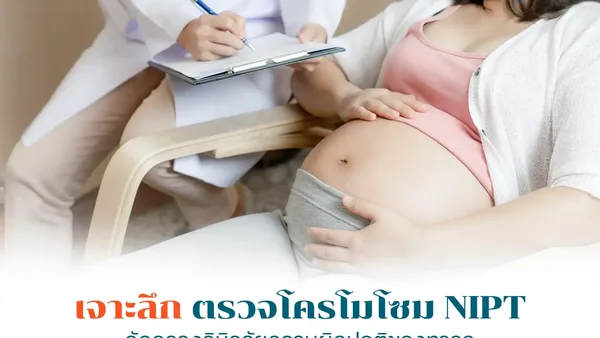Can you select sex with IVF/ICSI?
In Thailand it is illegal to choose your child’s sex, but chromosomal testing of embryos (next generation sequencing or NGS) before transfer will reveal an embryo’s sex. Chromosomal testing not only reveals abnormalities or indicates health of the embryo, it also reveals if the embryo has XX (female) chromosomes or XY (male) chromosomes. We recommend screening all 23 pairs of chromosomes rather than focusing on the sex of the embryo.
Sex selection can be important if a parent might pass on certain genetic conditions that can only occur in one sex, such as anhidrotic ectodermal dysplasia, G6PD deficiency, certain types of Down syndrome, sex-linked ichthyosis, etc. If any blood relatives (parents, grandparents, aunts, uncles) have any of these conditions, a male child may inherit it, but not likely a female child. Thus, sex selection may play a role in family planning for some.
Medically speaking, after IVF/ICSI, the embryo will undergo NGS before the suitable one is transferred into the uterus.
What is next generation sequencing (NGS)?
Next-generation sequencing (NGS) looks at all 23 pairs of chromosomes in the embryo to check for any abnormalities, such as any missing or extra chromosomes. This helps detect any genetic abnormalities, especially if there are risk factors (genetic conditions) in the parents or their families. NGS helps the doctor choose the best embryo for transfer, preventing failed implantation or early miscarriage. NGS tests all 23 pairs of chromosomes and is highly accurate, with the lowest false positive rate of any currently available technique. NGS also reveals the sex of the embryo.
So while IVF and ICSI can reveal the sex of the embryo, your baby’s sex cannot be selected 100% of the time as many other factors go into the decision of which embryo to transfer. Your doctor will recommend that you choose to transfer the healthiest embryo rather than select by sex, which is, as stated above, illegal.
If you have any questions or concerns, please walk in to Beyond IVF for a consultation or add us on Line at @beyondivf.





